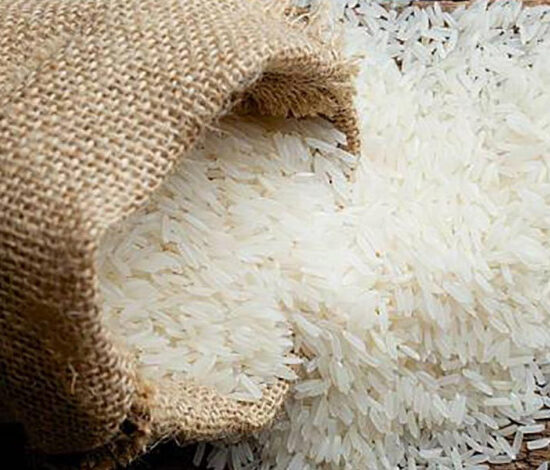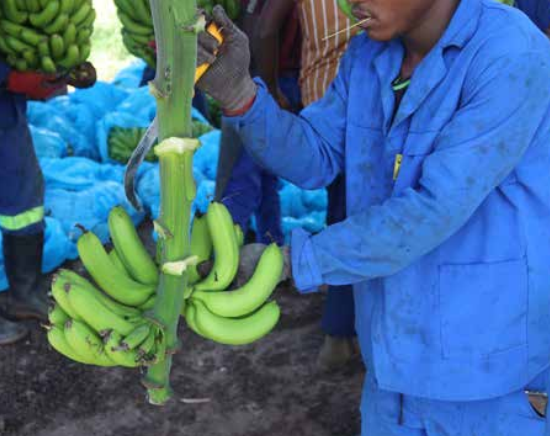The Centre for Trade Policy and Development – CTPD – has challenged Government to further support the Zambia National service ZNS towards enhancing their capacity so that they can be playing a leading role with regards to ensuring that food security and cost related to the purchase of mealie meal.
CTPD Executive Director Isaac Mwaipopo said Government must realize that while Commercial Millers are critical to the growth of the agriculture sector, they are not a solution to having cheaper mealie meal, as they are in it for profit and business, not charity, so selling them cheaper maize from FRA with hope that they would pass on the benefit to end consumers only makes them richer when maize from FRA should largely be sold to state run milling plants and smaller players directly can directly pass on the benefit to consumers.
Mwaipopo told the Zambian Business Times in an interview that, “Our thinking is that now that we have the Zambia National service actively coming on board and supporting the milling of the grain in supplying of mealie meal we think that Government should invest a bit more resources towards enhancing their capacity so that they can be playing a leading role with regards to ensuring that food security and cost related to the purchase of the bag of mealie meal.”
He said the model that the Food Reserve Agency has been deploying where whenever there is a shortage of mealie meal then automatically the price of the commodity goes up, they normally offload cheap grain from the reserves with hope that commercial millers will pass on benefits to the consumer which has never been the case as in most cases they change stories and start talking about the cost of production, transport and power among others and as a results government is the one that loses out in a double way because it subsidizes the production of maize which is grown by small scale farmers hence government heavily finances the production of this maize at the same time it offloads cheaper maize to commercial millers so we think that the commercial millers are basically ripping off the Government.
Mwaipopo explained that For the commercial millers it would be good if they could be supplying part of their produces on the domestic market but if they can also have a bit more towards the export market it might help to ensure that issues related to food security or concerns around the pricing of mealie meal are dealt with while at the same time striking the balance in terms of export.
He added that Now that ZNS is becoming more active our thinking is that FRA reserves may be more beneficial to end consumers if it passed on to entities like the ZNS compared to commercial millers, ZNS would not be in it so much for super normal profits.
The Government through the Zambia National Service and Zambia Correctional Service should put additional land under cultivation through irrigation, as the population is growing, evidenced from the recently conducted census of population and housing, the country cannot continue depending on small scale farmers for our food security needs. Government should also revisit the Solar Hammer Mill Project, evaluate the performance and address any bottle necks they may have faced, this initiative still stands a chance to deliver results if well implemented.
He noted that most of the ZNS milling plants are unable to produce at full capacity a situation he said could be an issue of underinvestment because setting up milling plants is something that needs some level of investments and if you look at the last 5 to 10 years our investment have not been focused more on infrastructure of that kind.
“Off course there is some support that we have received from China that has helped us to build some milling plants in some parts of the country but beside that we have also seen IDC through active participation in other milling plants but if we can consider rolling out more plants and task them with bigger responsibility of meeting the domestic consumption needs it might be better in terms of managing the dynamics that normally come with prices related to mealie in the sense that Government will have some level of control on the production and marketing side.”
“When I talk about marketing I don’t mean the entire value chain because marketing is always divided into two aspects food security component and the surplus component which goes for the export market so for the country to strike the proper balance of maintaining our exports which can be highly driven by the commercial millers there is need for investment that can help to drive the agenda when it comes to ensuring domestic consumption needs are taken care of In a manner that is less vulnerable compared to what we have now.”
But we might also need to go beyond the ZNS in terms of just thinking on the processing end. It would be good if some support can also be provided to them to activate their increased participation in the production of maize and because our food security has largely been left in the hands of the small scale farmers so if we can have ZNS, ZCS equally putting some land under cultivation especially irrigation it can be a game changer with regards to dealing with the food security in the country.







